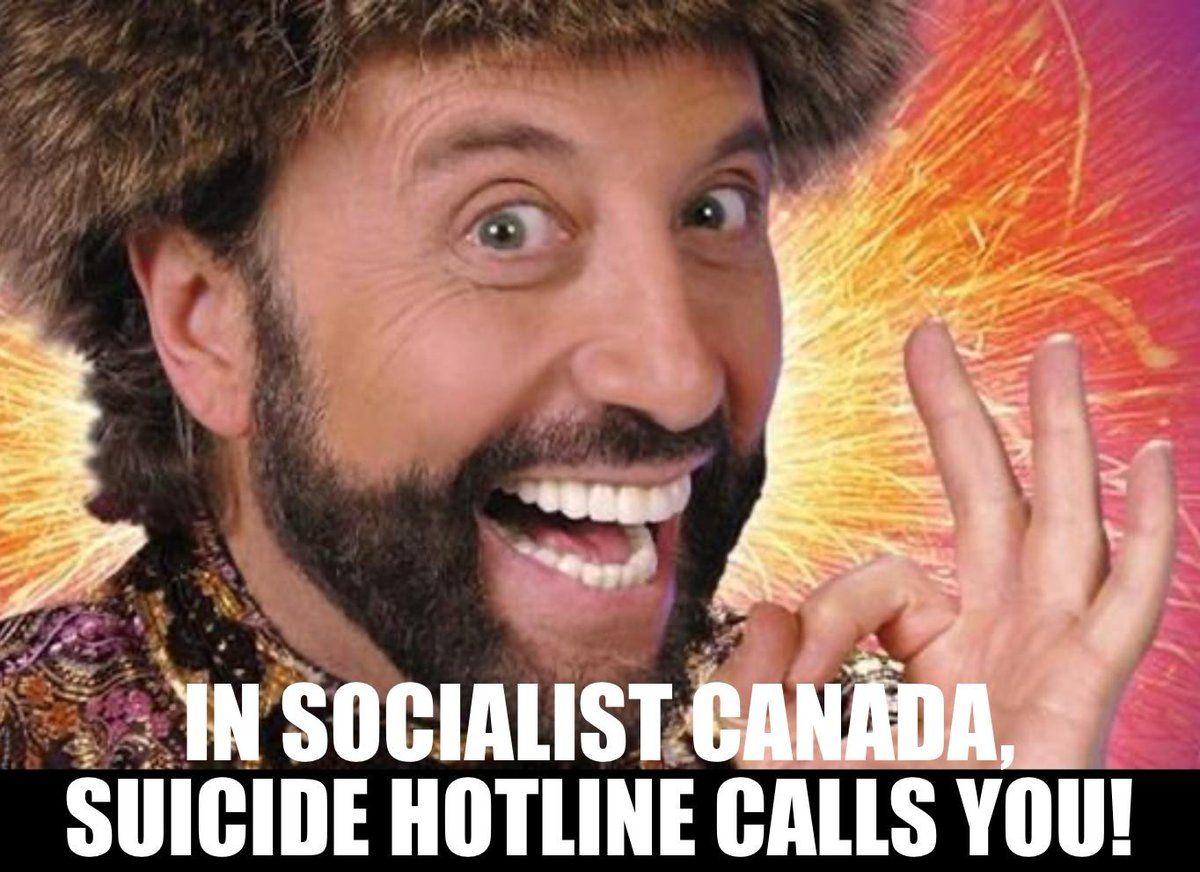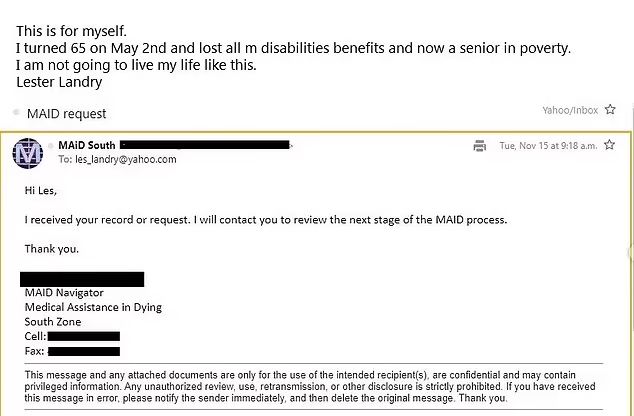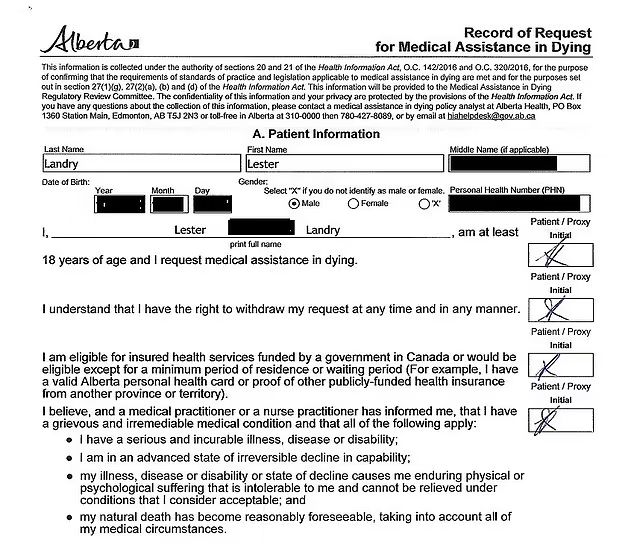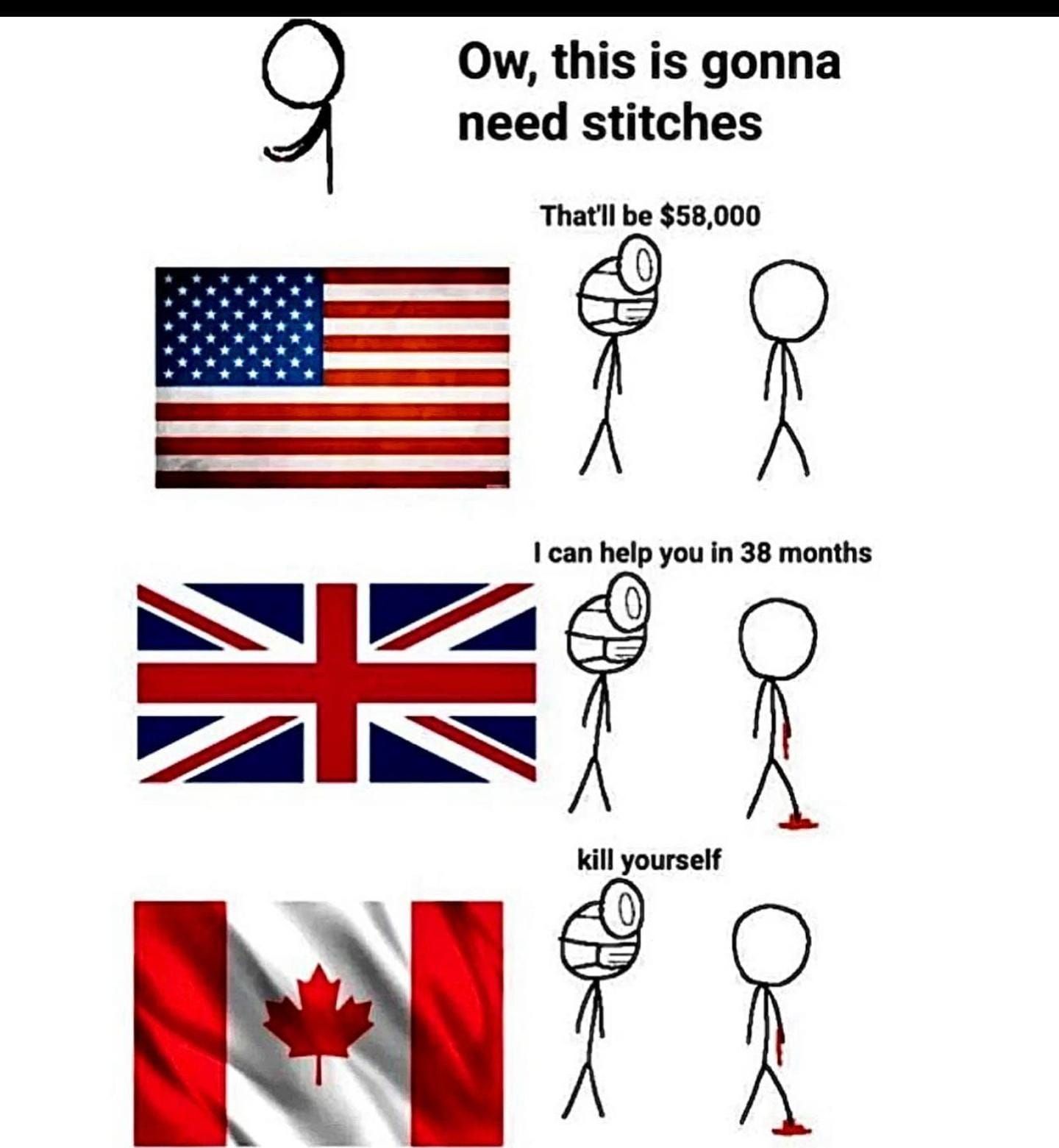"I can't afford to live, so kill me."
-
A Canadian pensioner seeking euthanasia because he fears homelessness has received approval from a doctor despite admitting poverty is a major factor in the decision to end his own life.
Les Landry, 65, told assessors for the procedure he 'doesn't want to die' but has applied for medical assistance in dying (MAID) because he can't afford to live comfortably.
Astonishingly, a doctor has given one of the two signatures required for Landry to end his own life, despite knowing that financial hardship - not illness - is a leading reason for the profound decision.
Landry is awaiting the decision of a second doctor who has assessed his eligibility. If that doctor rejects the application, Landry says he will simply 'shop' around for another who's prepared to sign off on his death - something that's allowed under Canada's assisted dying laws.
The shocking case lays bare the increasingly relaxed approach to euthanasia in Canada, where experts say 'choosing to die is more accessible than support for people with disabilities'.
Canadian man says he's seeking euthanasia due to poverty
Dr Naheed Dosani, a palliative care physician and assistant professor at the University of Toronto, said Canada has reached a point where people are choosing to die 'not because they want they want to, but because they don't have adequate access' to proper health and social services.
More than 10,000 Canadians were euthanized last year, a tenfold increase on 2016 when the practise was legalized. In March, the law will change to allow mental health patients with no physical ailments to seek MAID.
Canada's law allows a person with a 'grievous and irremediable medical condition' to seek euthanasia, even if their illness isn't terminal.
Landry uses a wheelchair and has several other disabilities that mean he is eligible for MAID, including epilepsy and diabetes. But until recently, he was able to live comfortably, sharing his modest home in Medicine Hat, Alberta, with his service dog.
Changes to his state benefits when he turned 65 in May meant his income was cut and he's now left with around $120 per month after paying for medical bills and essentials.
-
Why would benefits go down as medical bills will assuredly climb higher
Because the oil and gas cash rich libertarian United Conservative Party Alberta government cut the AISH benefits to its disabled residents.
BTW it is not likely that he will get the second signature - in fact, he has as much as admitted on the news here is that this has been a publicity stunt on his part.
-
So it’s not socialism but right wing nonsense that’s to blame!
The Daily Fail isn’t going to like this at all.
-
So it’s not socialism but right wing nonsense that’s to blame!
The Daily Fail isn’t going to like this at all.
-
@George-K my point is that according to AC this is due to libertarian policies, not socialism.
-
@George-K my point is that according to AC this is due to libertarian policies, not socialism.
@Doctor-Phibes Yeah, I get that.
Regardless, the policy exists. Euthanasia in Canada has risen ten-fold since 2016.
I'm on the fence regarding the concept, but seeing stories like this, and the one about the denied stair lift make me question the culture and the implementation of the policy.
Are these "rogue" practitioners? Is there a "wink-wink" policy from above?
-
@Doctor-Phibes Yeah, I get that.
Regardless, the policy exists. Euthanasia in Canada has risen ten-fold since 2016.
I'm on the fence regarding the concept, but seeing stories like this, and the one about the denied stair lift make me question the culture and the implementation of the policy.
Are these "rogue" practitioners? Is there a "wink-wink" policy from above?
-
@Doctor-Phibes Yeah, I get that.
Regardless, the policy exists. Euthanasia in Canada has risen ten-fold since 2016.
I'm on the fence regarding the concept, but seeing stories like this, and the one about the denied stair lift make me question the culture and the implementation of the policy.
Are these "rogue" practitioners? Is there a "wink-wink" policy from above?
@George-K said in "I can't afford to live, so kill me.":
@Doctor-Phibes Yeah, I get that.
Regardless, the policy exists. Euthanasia in Canada has risen ten-fold since 2016.
I'm on the fence regarding the concept, but seeing stories like this, and the one about the denied stair lift make me question the culture and the implementation of the policy.
Are these "rogue" practitioners? Is there a "wink-wink" policy from above?
I don't know.
What I have noticed is that there have been a number of stories about euthanasia in Canada of late, and almost all of them are from conservative media, and all of them have been negative in tone, typically looking at individual cases that appear to be awful.
A cynic might suspect that there's an agenda at play.
-
@Doctor-Phibes Yeah, I get that.
Regardless, the policy exists. Euthanasia in Canada has risen ten-fold since 2016.
I'm on the fence regarding the concept, but seeing stories like this, and the one about the denied stair lift make me question the culture and the implementation of the policy.
Are these "rogue" practitioners? Is there a "wink-wink" policy from above?
Euthanasia in Canada has risen ten-fold since 2016.
There is a reason for that. It only became legally accessible throughout the country in 2016.
https://en.m.wikipedia.org/wiki/Euthanasia_in_Canada
As I wrote a few months back, I knew two former grad school cohorts who chose that path. One had suffered a debilitating stroke in 2014 and was left severely disabled. She learned to live with her physical condition but was diagnosed with metastatic uterine cancer in early January 2019. At the time she wrote “Just when I thought my life couldn’t get more fucked up, I now have metastatic cancer. This time I am cashing in and ending it on my terms”. In the end she passed away in her sleep after yet another stroke, three days before her scheduled MAID procedure in mid June. The other was a fellow who had not been feeling well for a few weeks and went to the doctor. The usual blood work ensued, specialists called in additional tests and procedures conducted and advanced stage cancer of virtually everything was determined. He chose not to undergo any oncological treatment and was not interested in going through the pain management regime that was offered. He instead chose to cash in and make application to MAID.
I really do not see why this is such an issue for others and, in particular, people who are not affected by Canadian law, when it is, in reality, a matter of personal choice. All the law does is affirm and facilitate the legality of medical professional involvement in a patient’s personal choice to die with what he or she believes is with some dignity and on their own personal terms.
Phibes’ comment a few weeks back once again rings true when he observed that when Americans talk about other countries’ health care systems they are actually talking about their own system.
-
@George-K said in "I can't afford to live, so kill me.":
@Doctor-Phibes Yeah, I get that.
Regardless, the policy exists. Euthanasia in Canada has risen ten-fold since 2016.
I'm on the fence regarding the concept, but seeing stories like this, and the one about the denied stair lift make me question the culture and the implementation of the policy.
Are these "rogue" practitioners? Is there a "wink-wink" policy from above?
I don't know.
What I have noticed is that there have been a number of stories about euthanasia in Canada of late, and almost all of them are from conservative media, and all of them have been negative in tone, typically looking at individual cases that appear to be awful.
A cynic might suspect that there's an agenda at play.
@Doctor-Phibes said in "I can't afford to live, so kill me.":
@George-K said in "I can't afford to live, so kill me.":
@Doctor-Phibes Yeah, I get that.
Regardless, the policy exists. Euthanasia in Canada has risen ten-fold since 2016.
I'm on the fence regarding the concept, but seeing stories like this, and the one about the denied stair lift make me question the culture and the implementation of the policy.
Are these "rogue" practitioners? Is there a "wink-wink" policy from above?
I don't know.
What I have noticed is that there have been a number of stories about euthanasia in Canada of late, and almost all of them are from conservative media, and all of them have been negative in tone, typically looking at individual cases that appear to be awful.
A cynic might suspect that there's an agenda at play.
+1
And they do the same with the health care systems of other countries.
-
-
Euthanasia in Canada has risen ten-fold since 2016.
There is a reason for that. It only became legally accessible throughout the country in 2016.
https://en.m.wikipedia.org/wiki/Euthanasia_in_Canada
As I wrote a few months back, I knew two former grad school cohorts who chose that path. One had suffered a debilitating stroke in 2014 and was left severely disabled. She learned to live with her physical condition but was diagnosed with metastatic uterine cancer in early January 2019. At the time she wrote “Just when I thought my life couldn’t get more fucked up, I now have metastatic cancer. This time I am cashing in and ending it on my terms”. In the end she passed away in her sleep after yet another stroke, three days before her scheduled MAID procedure in mid June. The other was a fellow who had not been feeling well for a few weeks and went to the doctor. The usual blood work ensued, specialists called in additional tests and procedures conducted and advanced stage cancer of virtually everything was determined. He chose not to undergo any oncological treatment and was not interested in going through the pain management regime that was offered. He instead chose to cash in and make application to MAID.
I really do not see why this is such an issue for others and, in particular, people who are not affected by Canadian law, when it is, in reality, a matter of personal choice. All the law does is affirm and facilitate the legality of medical professional involvement in a patient’s personal choice to die with what he or she believes is with some dignity and on their own personal terms.
Phibes’ comment a few weeks back once again rings true when he observed that when Americans talk about other countries’ health care systems they are actually talking about their own system.
@Renauda said in "I can't afford to live, so kill me.":
I really do not see why this is such an issue for others and, in particular, people who are not affected by Canadian law, when it is, in reality, a matter of personal choice. All the law does is affirm and facilitate the legality of medical professional involvement in a patient’s personal choice to die with what he or she believes is with some dignity and on their own personal terms.
+1



